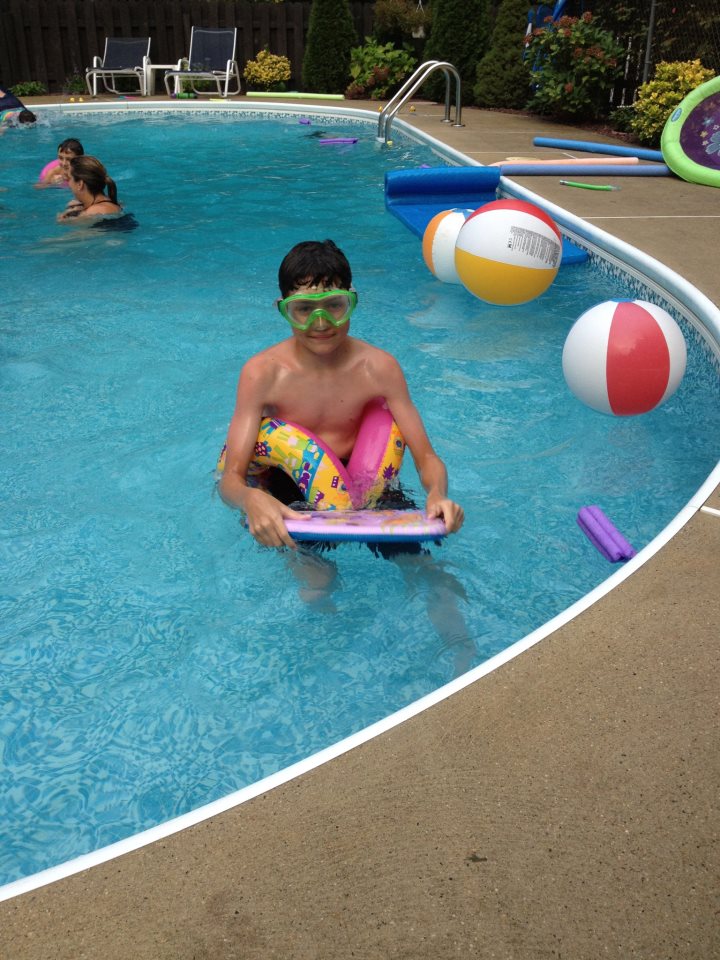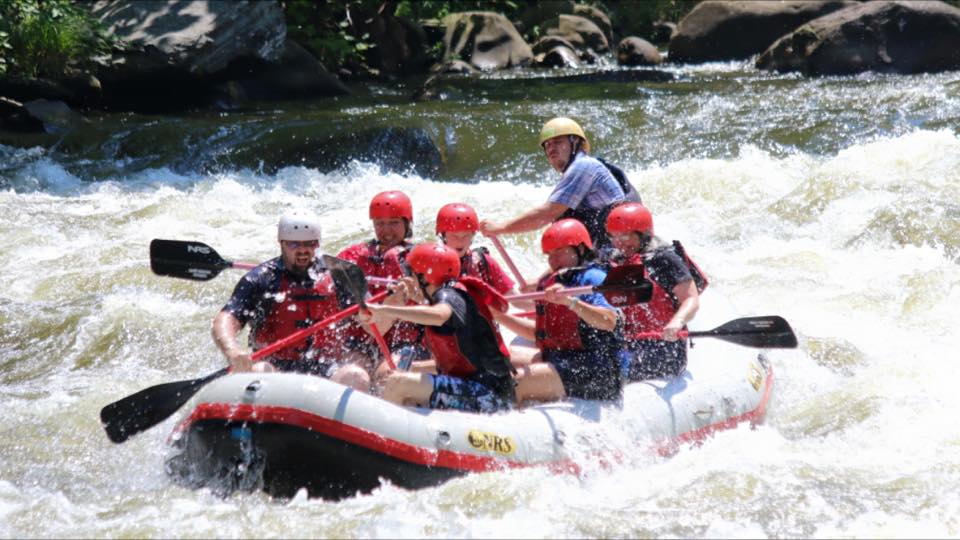This morning I read an article a friend of mine posted on Facebook. It was called “Drowning Doesn’t Look Like Drowning”. I was actually surprised to find out that it was talking about drowning. The article was excellent and everyone should read it, it just might help save a life. I’ve attached it here, but let me explain why I was a bit surprised that an article that has the word drowning in it was actually about drowning. http://mariovittone.com/2010/05/154/ As I read the tag line, “children playing in the water make noise. When they get quiet, you get to them and find out why,” I immediately began thinking about parenting. When my kids are too quiet in their rooms it makes me wonder why and get up and check on them. What mischief are they getting into that is motivating them to be quiet enough as to not draw attention to themselves? I was wondering if this idea about drowning can actually apply to a lot more than water.

I am going to pose some questions today and not necessarily answer them. My children for the most part have not reached the adolescent years. I have had a lot of experience with other peoples teenagers through youth group, guest speaking and counseling, but my personal experiences are more limited. As I think back to some of the kids who I have seen over the years get themselves in trouble I would say that there are usually signs, but they aren’t typically the bright, bold flashy neon kind, or at least not at first. They have been more subtle. Kind of like the article said about the mouth being at water level, just surfacing long enough to breath, but with no time to yell. How many times have you heard a story about a teenager who got pregnant, had a DUI, even committed suicide and all the people interview or talking about it said, “They were such a good kid, we never saw this coming,” or you have thought that yourself. I remember in grad school doing a research project on sexual predators and the two main phrases that came up in the articles about these perpetrators were either “the mother’s boyfriend” or “the babysitter”. And in the case of the teenage babysitter it was almost always the honor student, captain of the football team, church youth group president, Boy Scout kind of kid that no one suspected. It scared me enough that my husband and I never let men babysit our kids (with a few rare exceptions, mostly in emergencies). It makes me wonder what a parent is suppose to look for to keep their kid from drowning in life if not for the obvious cries for help?
Here are some of the signs to look for in someone who is drowning, according to this article. They aren’t calling for help or waving their arms. (quiet kids, maybe really “good” kids, maybe loners) They are vertical, but not treading water. (They appear fine, but aren’t looking like they are doing anything, maybe they have no hobbies or extra curricular activities.) They are swimming without making any headway. (They aren’t achieving goals, or maybe they don’t have any.) Their eyes are glassy, closed or cover with their own hair. (Drug use, excessive sleep, and bad hair cuts..OK maybe not the last one, but it did make me laugh at some of the bad hair cuts teens have these days). They appear to be climbing an invisible ladder. (Maybe they are working too hard; are too focused on success.) I found this list pretty interesting. I know it doesn’t really narrow things down; it could be anyone. Remember, this was an article about drowning in water, not navigating the teen years (interesting that we use the term navigate, with the Latin root for “I sail” to talk about life), but there might be something we can learn from this.

I think there are kids out there who are drowning, and they make it pretty obvious. Their cries for help are great and visable and people are often taking time trying to help them. I wonder if these are the kids who have already drown? We are now actively doing rescue breathing on them; some will make it and some will not. Maybe we missed the signs that happened before they drown and started floating face down in the water for all to see. But what are those signs? Can we pretect our kids? Can we rescue them before it’s too late? Can we equip them to not need to be rescued? Can we protect them without souffocating them? How do we balance our desires to protect them while giving them enough freedom to make their own mistakes and learn from them? It’s a tough call and something that as a parent I struggle with on a daily basis.
I don’t have the answers. I don’t yet know if my kids will drown. I don’t know if I will err on the side of suffocating my own children or watching them drown while they are sitting next to me. (Half of the 750 kids that will drown this year will do so within 25 yards of one of their parents.) I don’t know if my kids will survive because I have given them the perfect level of education and support or they will make it because they are naturally gifted swimmers or they find a top-class swim instructor. As a parent I pray a lot. I pray God will give me the wisdom on when to intervene and when to step back. I pray he will bring swim instructors into my kids life, lots of them, but only good ones. I pray that when I can’t watch my kids that a community of life guards is keeping a watchful eye out for them. And one more thing I do is talk. I talk a lot. Just like the article said, I ask my kids “Are you alright?” I explain the reasoning behind rules. I ask them direct questions. I bring up real life examples of things that go on both in the news and with people they know. I talk about the hard things of sex and alcohol and even laziness. I talk. I worry that I talk too much, but I think this article is probably right, if they can answer your question, they are probably not drowning. So I keep talking,and listening, and watching for the signs. And I pray that it’s enough.
